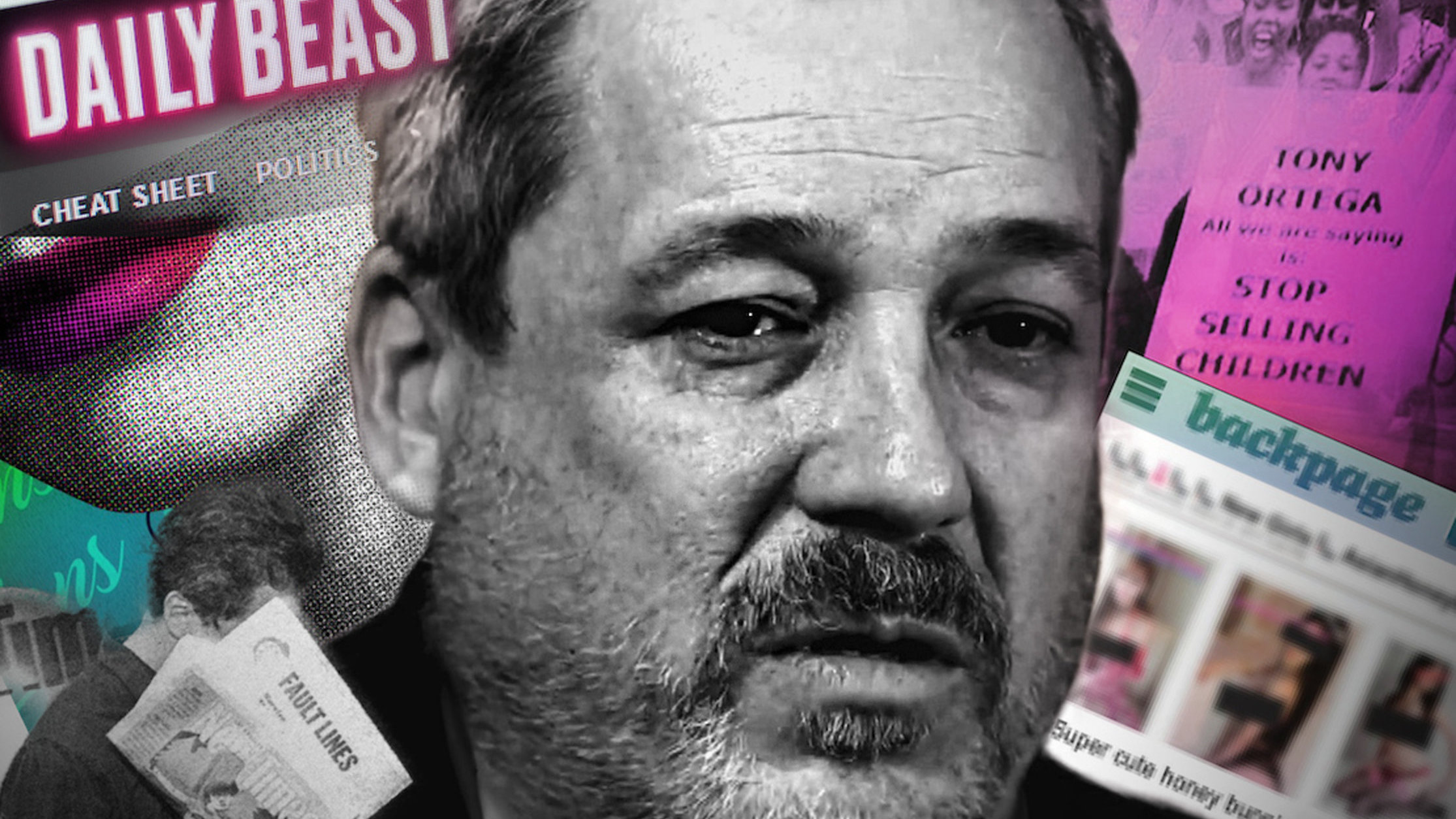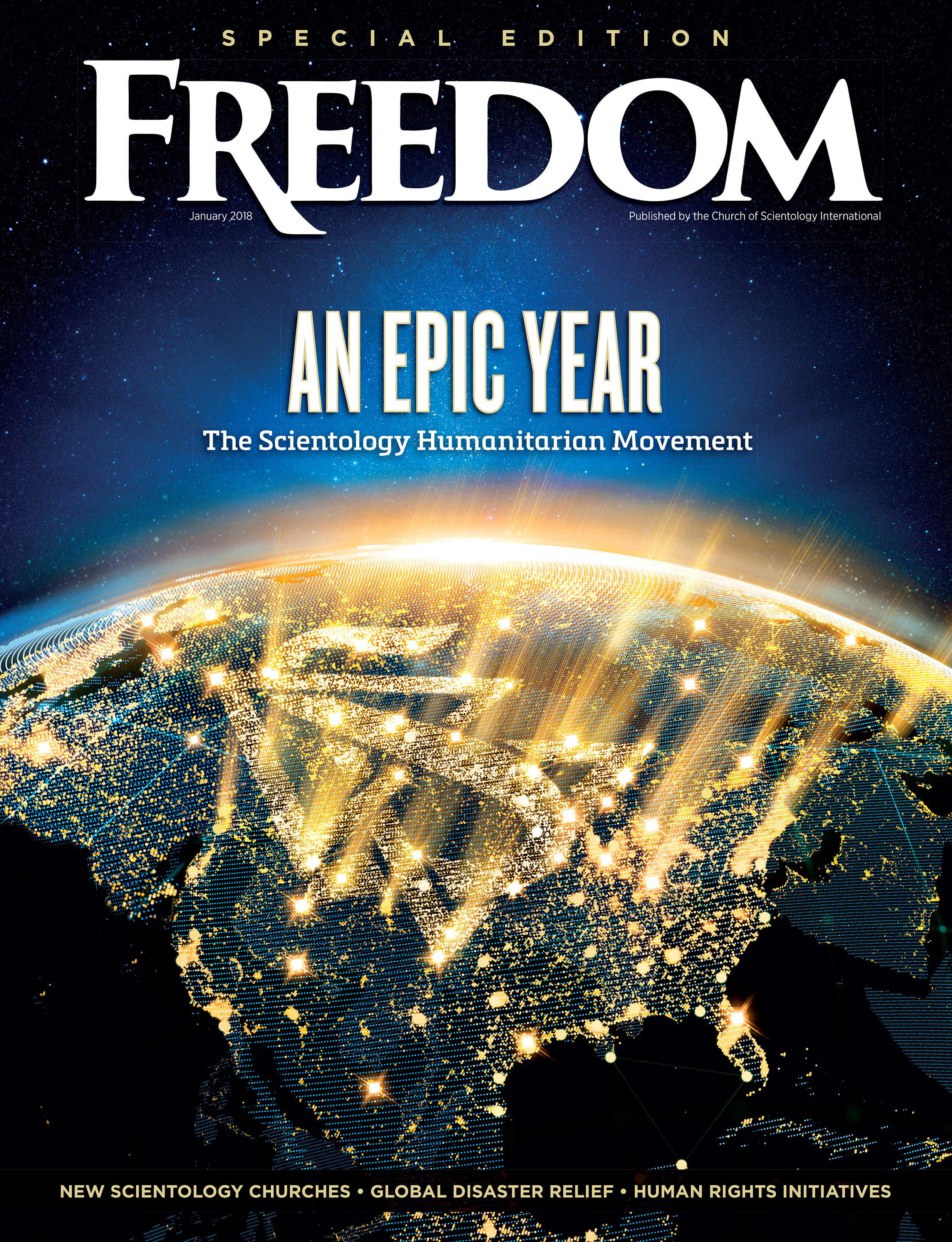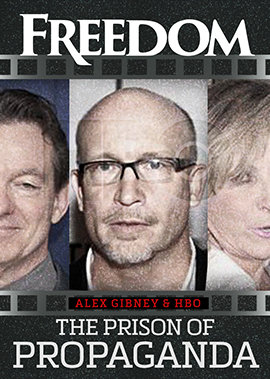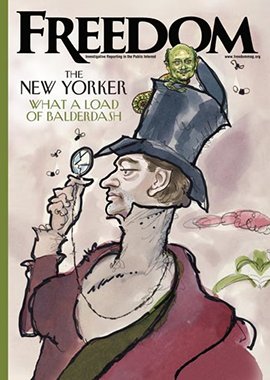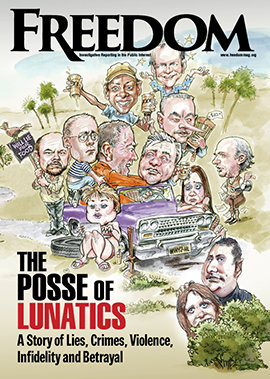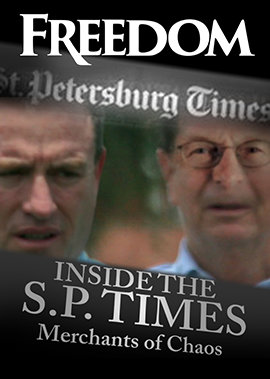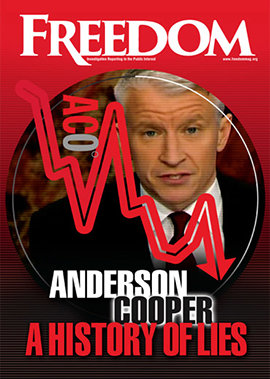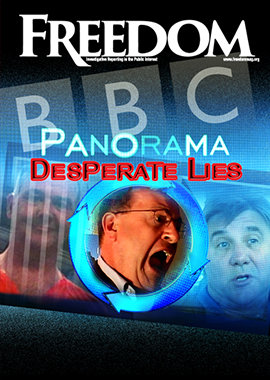Recently one of the Beast’s resident porn star/opinion columnists took aim at the New York Times for publishing an op-ed by activist, attorney and Harvard Law professor Catherine A. MacKinnon. The piece examined the arguments media uses to justify stories that support prostitution and pornography, arguments used to cover up or make nothing of the fraud, danger and abuse that is common in the sex industry.
That same week, the Beast provided a former editor of Village Voice, once owner of Backpage.com, with a platform for antireligious hate.

In 2017, a Senate investigation found evidence of former Voice and Backpage owners and executives Michael Lacey and James Larkin abetting prostitution and child sex trafficking. The pair are currently under federal indictment in Arizona on charges of conspiring to facilitate prostitution and money laundering. The recent case was declared a mistrial; but, federal prosecutors can bring a new case as early as next year.
The Times op-ed, to which the Beast took offense, described pornography as a gateway to prostitution. Survivors of the industry presented it as a violent and dehumanizing activity. As one former prostitute who escaped the trade graphically portrayed it: “Put simply, whether you’re a ‘high-class’ call girl or a street walkin’ ho, when you’re on a ‘date’ you gotta get on your knees or lay on your back and let that man use your body any way he wants to. That’s what he pays for.”
According to MacKinnon, media’s acceptance and continual promotion of prostitution has been an effort to “normalize” the activity to a point where an industry that violently abuses women and children is viewed as everyday “sex work,” little different from cashiering at a local drug store.
During the time Ortega was employed, an estimated 80 percent of the adult section ads in Backpage were edited manually or automatically. Words such as “teen” or “lolita” or “school girl” set off an instant “error message” that resulted in the offending classified ad being edited into a version that could then be run “safely.”
The Daily Beast does its share of “normalizing” the sex industry through articles by former porn stars who righteously defend on-camera sex as just another route to earning a living.
Another natural choice to write for the Beast is Tony Ortega, a New York hate blogger and longtime defender of prostitution and child sex trafficking. In 2007, he was employed by Michael Lacey and James Larkin, who made him editor-in-chief at the Voice where he served as ardent defender and enabler of Backpage.com.
During the time Ortega was employed, an estimated 80 percent of the adult section ads in Backpage were edited manually or automatically. Words such as “teen” or “lolita” or “school girl” set off an instant “error message” that resulted in the offending classified ad being edited into a version that could then be run “safely.”
In January 2017, a Senate committee released a report based on a 20-month investigation that included review of some 100,000 Backpage internal documents. That report described how Backpage had developed its system for “sanitizing” ads by eliminating incriminating words and phrases that might make the true nature of the offering too obvious.
The Senate investigation found: “In addition to the evidence of systematic editing described above, additional evidence shows that Backpage is aware that its website facilitates prostitution and child sex trafficking. Backpage moderators told the Subcommittee that everyone at the company knew the adult-section ads were for prostitution and that their job was to ‘put lipstick on a pig’ by sanitizing them.”
Tony Ortega not only distributed the lipstick, but bashed anyone who complained about the ads. In July 2011, he parried: “Yes, we take 30 million ads a year from users at our Backpage.com website, and we have about 100 employees who moderate 20,000 ads a day. Recently we’ve come under attack because a small number of those ads involve underage users who violate our terms of use. We’ve actually been quite open about this issue—so open, some people wish we’d shut up about it—and I myself wrote a column addressing it a couple of weeks ago.”
_529w.jpg)
Ortega wrote hit pieces attacking anyone who exposed Backpage for what it was, including Nicholas Kristof of the New York Times whose article “How Pimps Use the Web to Sell Girls” described Backpage as the second largest vehicle for prostitution in the country. Backpage earned more than $22 million a year from prostitution advertising, including hawking girls 12 to 17 who had been trafficked into the trade.
Members of the Church of Scientology answered by demanding an investigation into Ortega and his role in Backpage. The charges came too close to exposing the truth and Ortega was fired by his increasingly nervous bosses. He walked away with a handsome severance package.
Considering Backpage generated an estimated $500 million before being seized and shut down, could there be any question where Ortega’s money came from?
Ortega has never forgiven Scientologists for being among the first to call out Backpage. Numerous investigations followed, resulting in indictments against Lacey, Larkin and others, and law enforcement closing down their nefarious cash cow.
The same week the Beast asked, “Why does the New York Times hate porn so much?” it also ran a bigoted smear piece by Ortega, capitalizing on the 20th Anniversary of 9/11. Ortega denigrated 800 volunteers from the Church of Scientology who served for months at Ground to aid beleaguered rescue workers and first responders.
Eleven years after he was ousted from the Village Voice for his involvement in Backpage, the Daily Beast provided Ortega a platform for revenge against those who helped to put him on the unemployment rolls.
Some like to argue that activities such as those engaged in by Backpage and overseen by men like Lacey, Larkin and Ortega are a form of free speech protected by the First Amendment. And if the public objects to advertising underage, trafficked girls, well too bad. It’s a “free press.”
The First Amendment, however, was intended to protect a citizen’s right to criticize government without fear of reprisal. It was never intended as a protective cloak behind which to advocate brutality, perversion and sexual exploitation that destroys lives.


